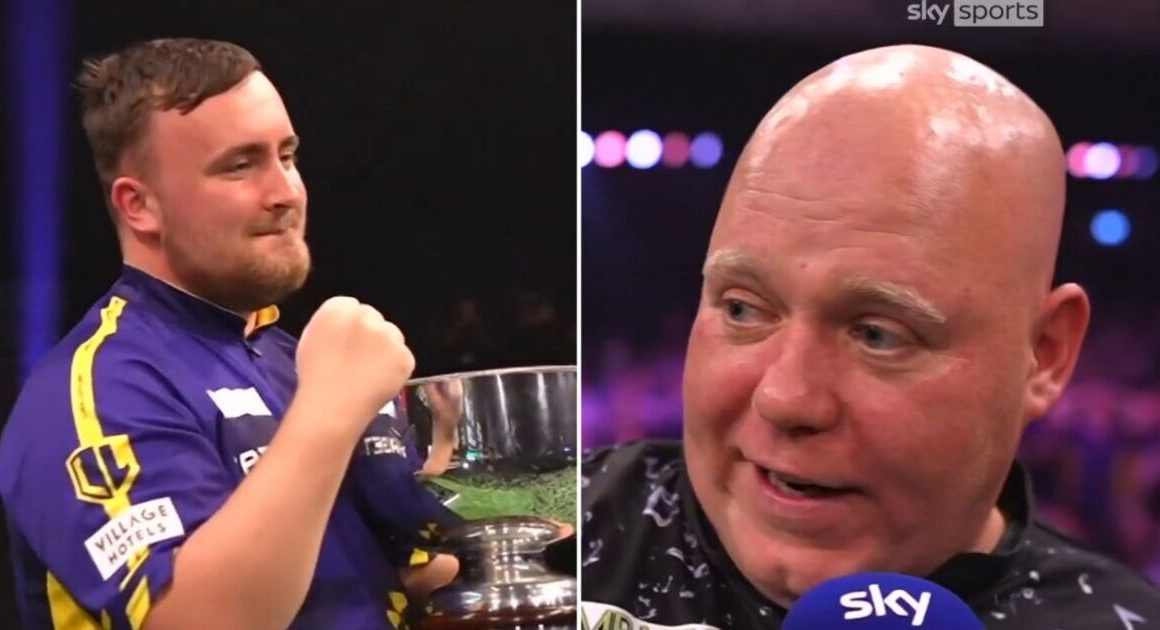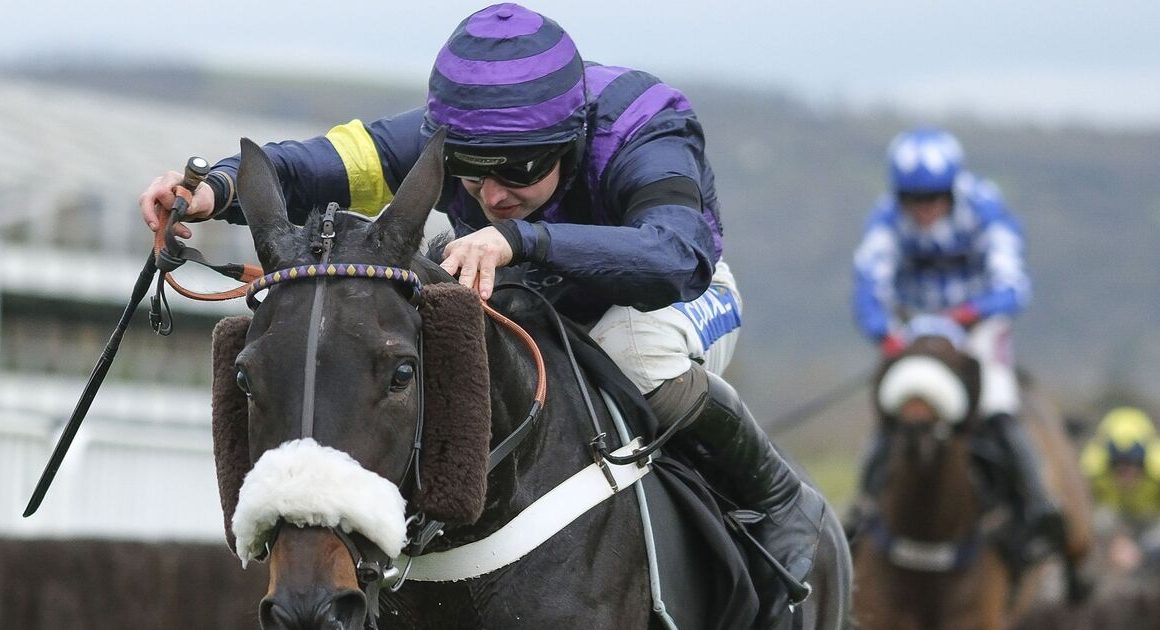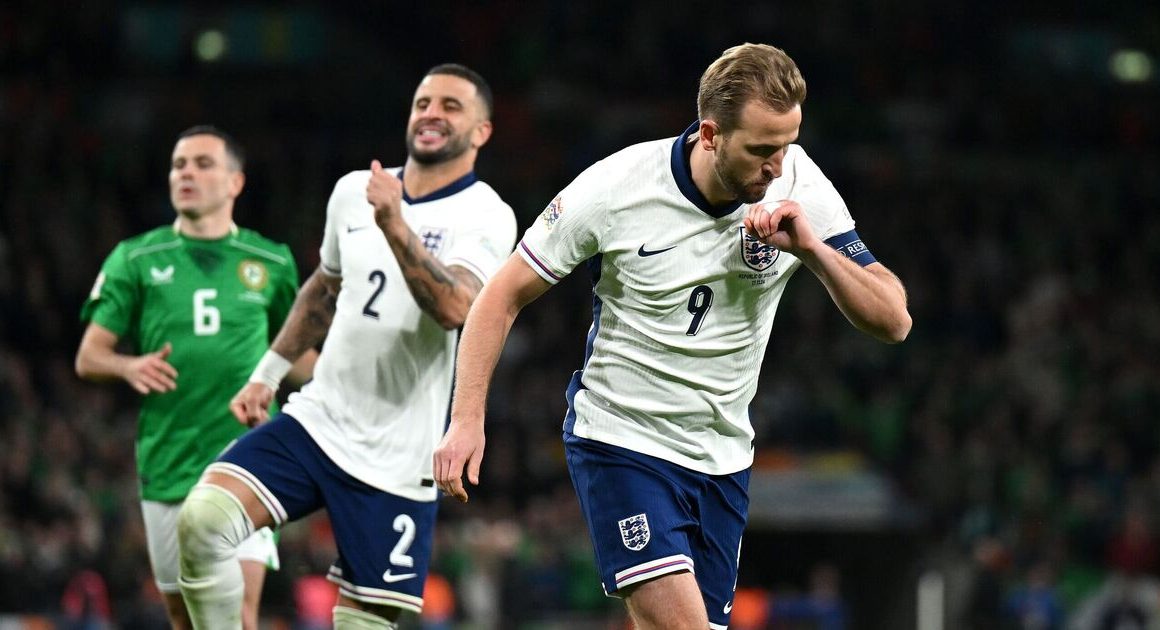Catherine Beauchemin-Pinard could have moved on from the rigours of competitive judo.
A bronze medallist at the Tokyo Olympics in 2021 who also won silver at the 2022 world championships, the 30-year-old has a bachelor’s degree in accounting and is on track for a specialized graduate diploma in taxation.
So why endure judo’s difficult two-year process to qualify for this summer’s Paris Games? Because she simply isn’t satisfied yet.
“I’m thinking about a medal, even the gold medal, I won’t deny it,” she said a few weeks before flying to Paris, where she will be the top seed in the 63-kilogram weight class.
“But the important thing is to focus on the right things. I was able to do that in Tokyo, where I also went for a medal. But after the bronze, I want more.”
Beauchemin-Pinard, from Saint-Hubert, Que., is part of a strong Canadian judo team heading to Paris. She joins two-time world champion and 57-kilogram favourite Christa Deguchi, her sister Kelly Deguchi and world 100-kilogram silver medallist Shady El-Nahas, among others.
The judo competitions will take place from July 27 to Aug. 3 at Champ-de-Mars Arena, a spectacular temporary structure built at the foot of the Eiffel Tower.
Beauchemin-Pinard will be in action on July 30 — and she says she’s well-prepared for the occasion.
“Setting goals is one thing, but to achieve them, you have to put in the preparation,” she said. “I have more preparation goals so I can arrive at the Games ready, both physically and mentally, rested and ready to fight. That way, I will be able to achieve what I want to achieve.”
Beauchemin-Pinard isn’t afraid of the pressure of being the top seed in a tournament. She’s been in this position before.
“In the first tournaments as the world No. 1, I might have felt more pressure. But judo comes with its surprises; everyone can lose in 30 seconds,” she said. “Many are sometimes ranked first, that doesn’t mean they’ll be on the podium.
“It’s always flattering to be among the top in the world, especially to be in the top-8 from a strategic point of view, but after that, I remain realistic with the nature of my sport, which can be very unpredictable.”
All judo bouts from a single weight class are held the same day, demanding not only excellent physical condition but also great mental strength from the athletes.
Beauchemin-Pinard prepares by making a list of all her competitors and writing a plan for each of them. When the draw comes out, she dives even deeper into who she could meet on the path to the final.
“But I go one fight at a time. If I want to reach the final, I have no choice but to win my first fight,” she said. “Even during the fight, every time the referee stops it, I reset. The previous sequence is over; I focus on the next one.”
“Between fights, I have a good discussion with my coach,” she added. “In Tokyo I thought I would win my first fight more quickly, but it went into overtime and I panicked a bit. When I came out, I discussed it with [my former coach] Sasha [Mehmedovic]. He reminded me to stay focused on my plan, that when I stay focused on my plan from A to Z, things go well.”
This time around, Beauchemin-Pinard is working with national team coach Antoine Valois-Fortier, a bronze medallist at the 2012 Olympics in London.
Beauchemin-Pinard, who had trained with Mehmedovic for six years, said she tried a hybrid system of training with Mehmedovic and working with Valois-Fortier after the announcement of a coaching change, but they found it too complicated.
Being coached by a former teammate has given her a different perspective.
“Changing coaches was good. Antoine brought a breath of fresh air to my judo,” she said. “He forced me to see the sport from a different angle. Now I have the best of both worlds by still working a bit with Sasha in training.”
Switching from friends and teammates to coach and “boss” didn’t happen without some hiccups, but Valois-Fortier believes Judo Canada handled the transition well.
“It wasn’t too complicated, largely because I was well-supported, both by former coaches and by [CEO and high-performance director] Nicolas Gill or the rest of the team,” Valois-Fortier said. “Sometimes it’s more complicated, other times there’s a stronger, more natural connection. Having experienced those moments as teammates allows me to understand them, and being their teammate means I know them well. I know what they’re thinking.
“My role changes, so the dynamic must change too. Some discussions are harder to have. We had three years to navigate this dynamic, and we’re in a good position now. This relationship has allowed us to go further, faster. The credit goes to the athletes.”










